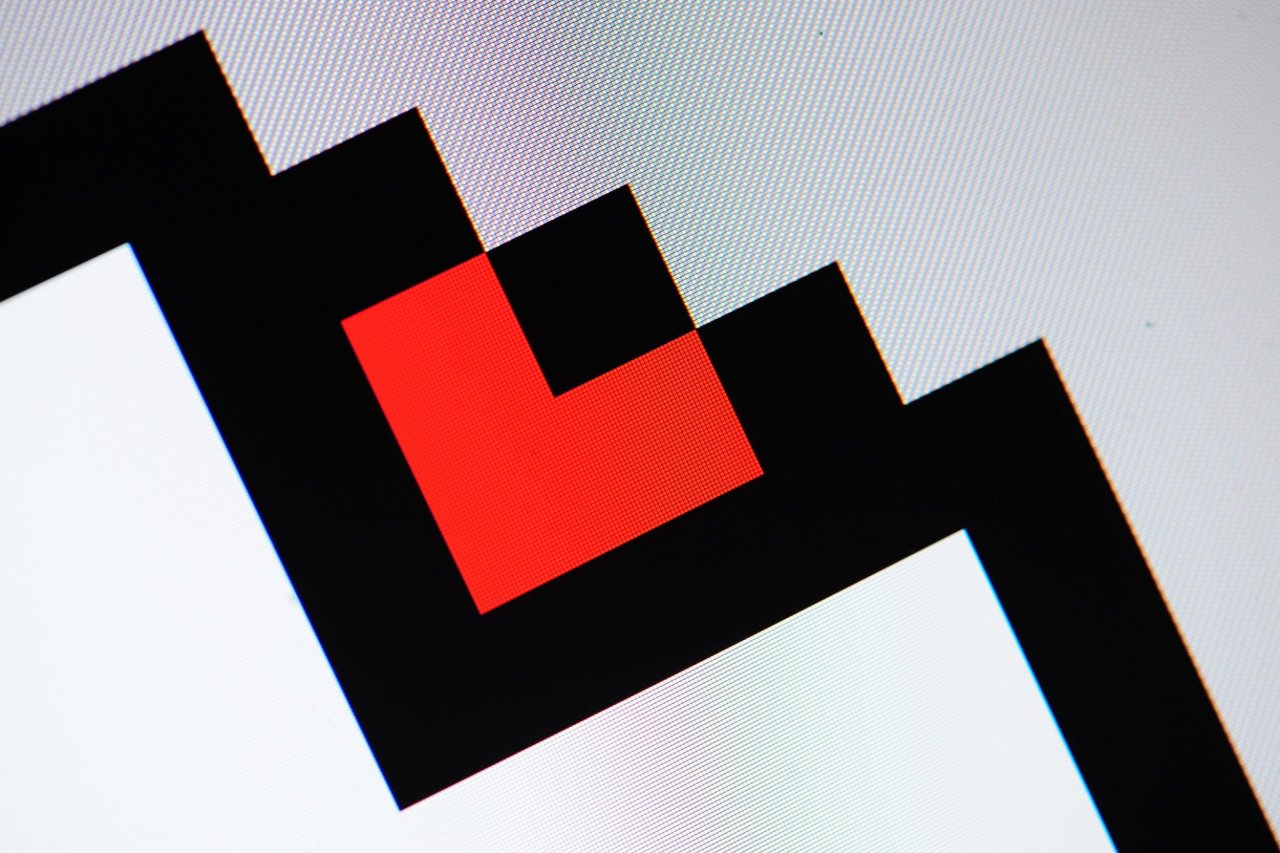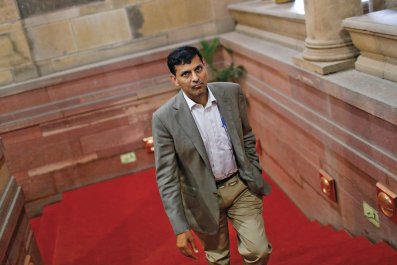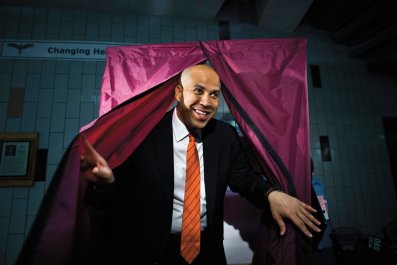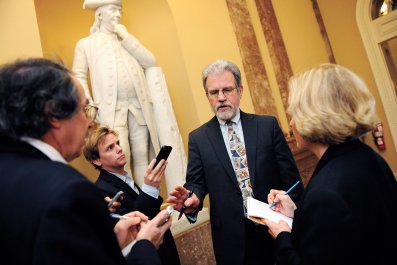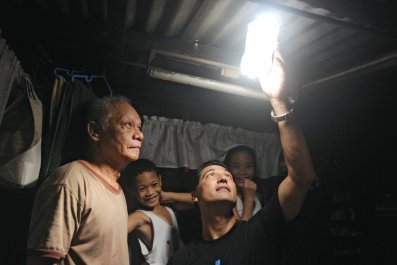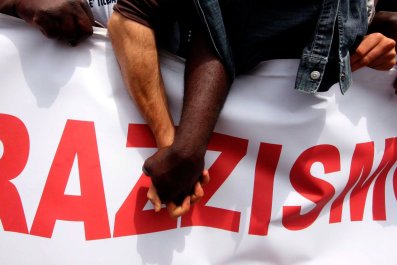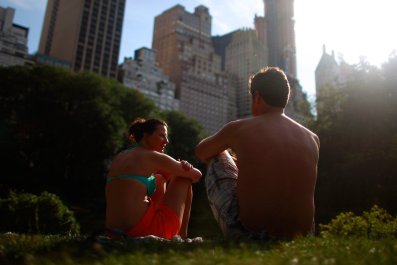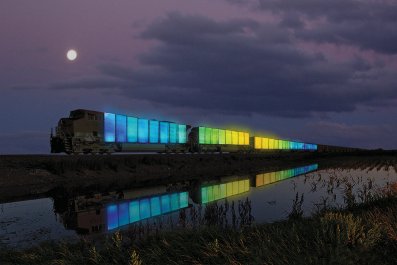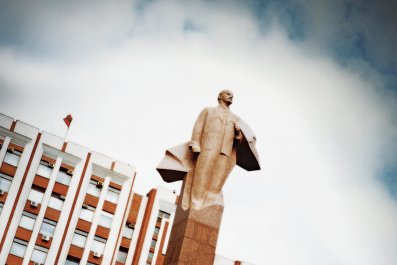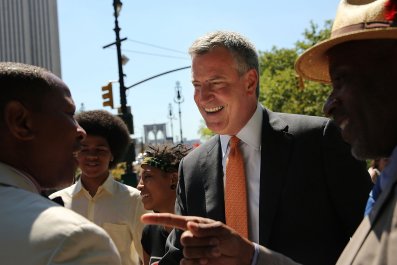Although he never mentions Edward Snowden's leaks about NSA surveillance, British cultural historian Mike Jay has asked some pretty disturbing questions about the revelations that have come out about our phone calls, emails, social networks, and those who try to monitor them: is technology making us all paranoid, he wonders, or do paranoid delusions make more sense than they used to? His answer, in fact, is both. In his forthcoming book, A Visionary Madness, Jay traces the history of schizophrenic fantasies from the early 19th century to the present, and discovers that "psychosis keeps remarkably up to date." "Rather than being estranged from the culture around them," he writes, "psychotic subjects can be seen as consumed by it: unable to establish the boundaries of the self, they are at the mercy of their often heightened sensitivity to social threats." Meanwhile, the reality-unreality borderline is getting murkier for all of us. "Leaks and exposés continually undermine our assumptions about what we are revealing and to whom, how far our actions are being monitored and our thoughts being transmitted," Jay writes. "We manipulate our identities and are manipulated by unknown others. We cannot reliably distinguish the real from the fake, or the private from the public."
In Modern Era, Paranoia Takes on New Forms
